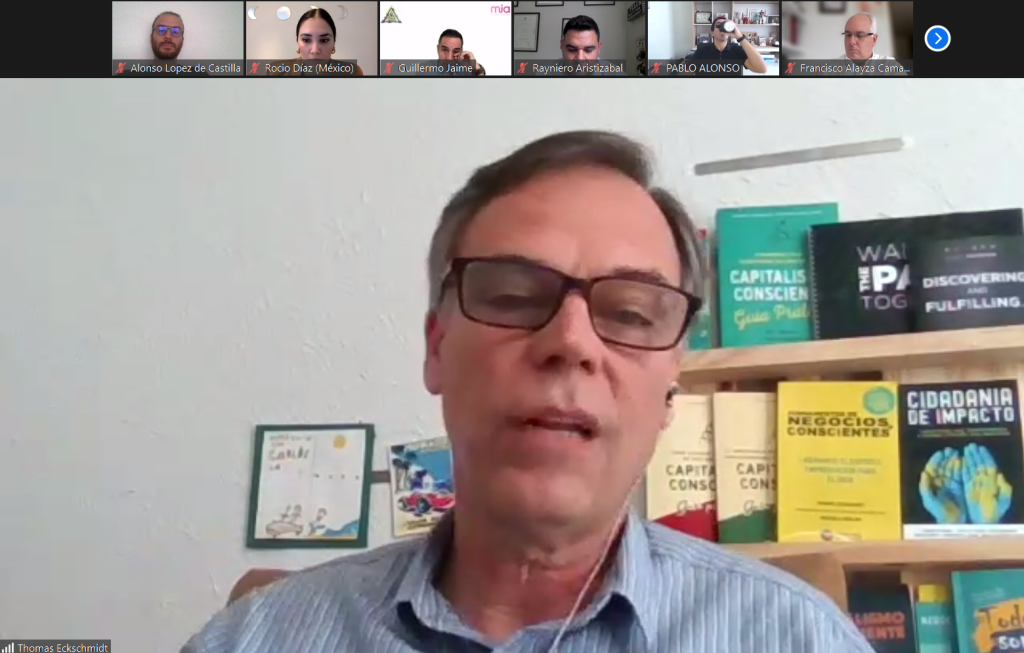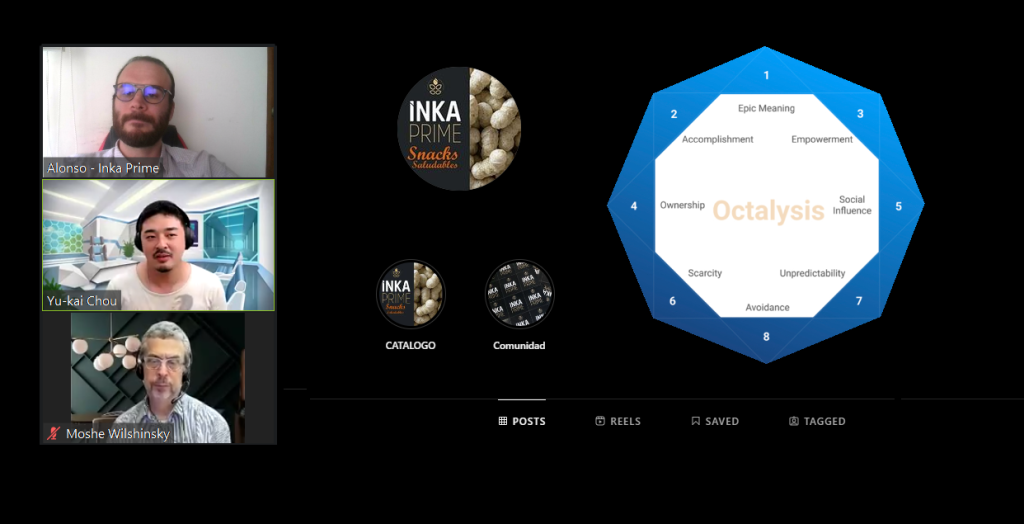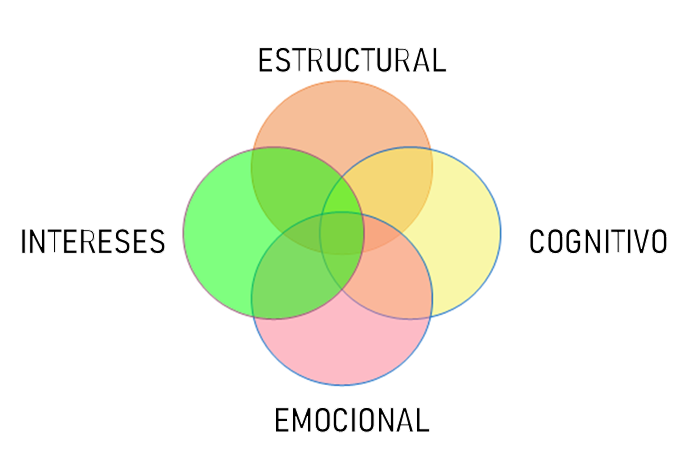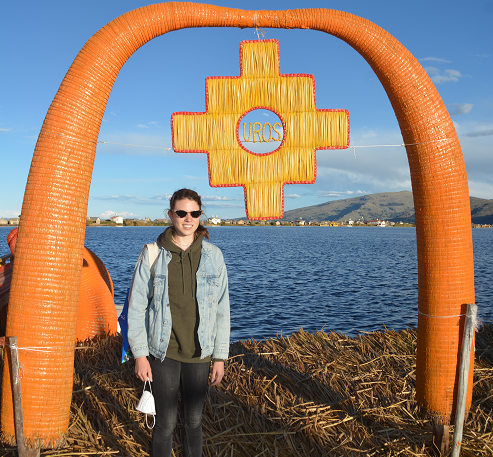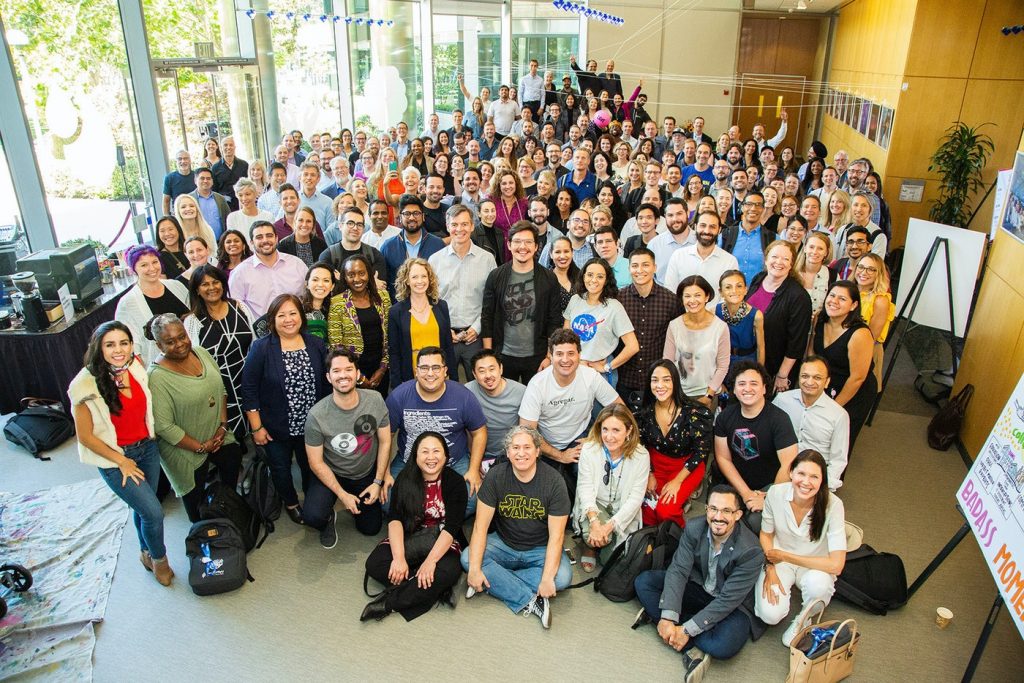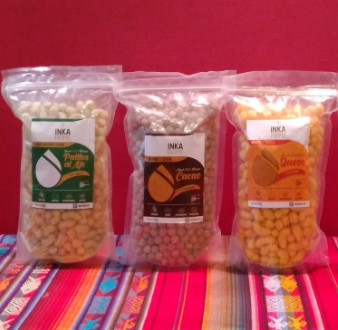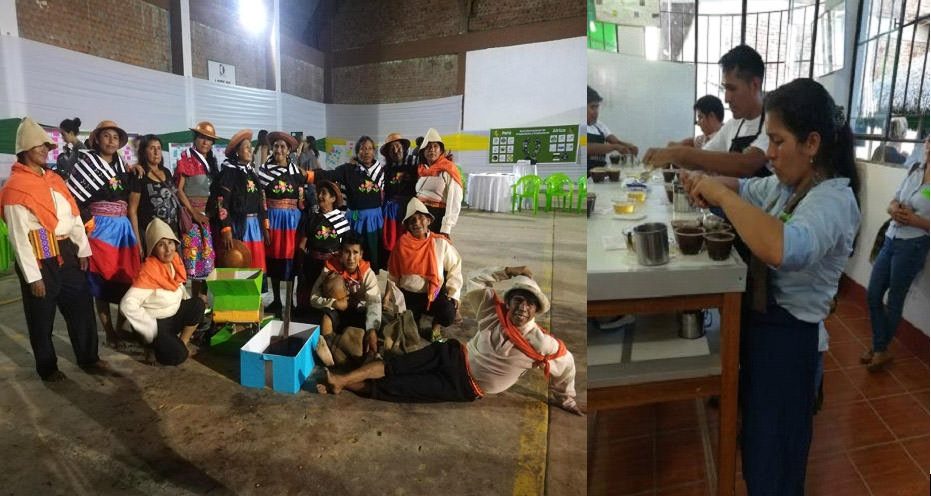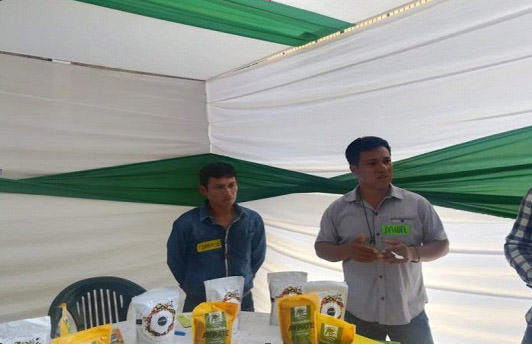Generational Replacement: Youth to action
A common concern of the nine coffee cooperatives that took part in the recent Producers Direct Annual Meeting, is the average age of its members, which exceeds 55 years. It represents a problem and it is becoming a scarce resource because labor is essential for field work, as well as to give continuity to the cooperatives daily activities. Therefore, the low level of new generations involvement is alarming.
So, how to engage youths? What to offer them? In words of the Pangoa cooperative Chief Executive, Esperanza Dionisio, the role of older leaders and partners should be to “guide young people to develop their ideas, based on the objectives of the organization” and, at the same time, “provide them with the necessary resources to carry out their own projects”.
Some interesting proposals have been emerging to face this challenge. For example, trainings related to the coffee sector and subsequent job calls for the more qualified youths. This is how Rosario, a young woman from Huadquiña cooperative (Santa Teresa, Cusco), joined the quality team of her organization; where today is an official taster, responsible for evaluating the coffee cup score of its partners for control and marketing purposes. In addition, as a result of this recruitment process, a group of young people detected opportunities that made them decide to join the organization.
For its part, Pangoa funds are being allocated for the education of youths. For instance, Álex has managed to complete his university studies, due to be one of the beneficiaries of a national scholarship program, but also thanks to the financial support of the cooperative. He returned to the community and now Álex is cultivating his own land and those of his father, improving productivity and detecting business opportunities. It was great to listen him being so proud of his origins, as he demonstrated by delighting the attendees with typical dances of the place.
Even further, the young associates of Pangoa now are able to hold managerial positions, being the second in command, since they have the vision that working alongside a more experienced partner, they may at some point relieve them and assume the responsibility to take charge of the organization.
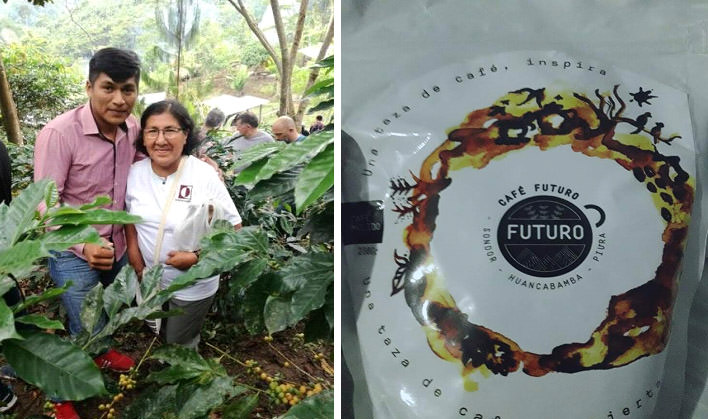
Another good example was the young delegation of Norandino cooperative, Danilo, Dennys and Elpido, this last one member of a young leaders association within the cooperative, which works issues of nurseries, reforestation, care of riverbanks, fertilizers, between others. They even have developed a coffee brand exclusively produced by young people: Café Futuro, which gives a renewed face to the work they are developing at his cooperative.
For all the above, a range of opportunities can be glimpsed around agribusiness and the professionalization of the sector. The constant offers of the market demand a greater degree of innovation, and it is the youth called to shorten the gaps of the digital era, and to join the circle of family farming. However, it requires a joint effort to support and enhance their entrepreneurships, framed in a comprehensive system with new operating logics.
As Inka Prime we propose a development model that consists on systematize such successful practices to be implemented in other less developed cooperatives. The main objective is to attract the producers’ children as future managers, in order to stimulate the labor market. In this way, they can explore innovative ideas in the agricultural sector, generating sustainable businesses, for example around by-products and along the coffee value chain, and why not, venturing into other equally profitable products/services to complement and diversify the offer.
Then, the long-term vision would be the consolidation of productive clusters. Not only considering the alliances that cooperatives can establish among themselves, but also with other relevant actors, which allow them to scale their ventures both in national and international market. Also, take as a block a greater interference in public policies to generate more benefits for all involved.
Andrea Dávila

